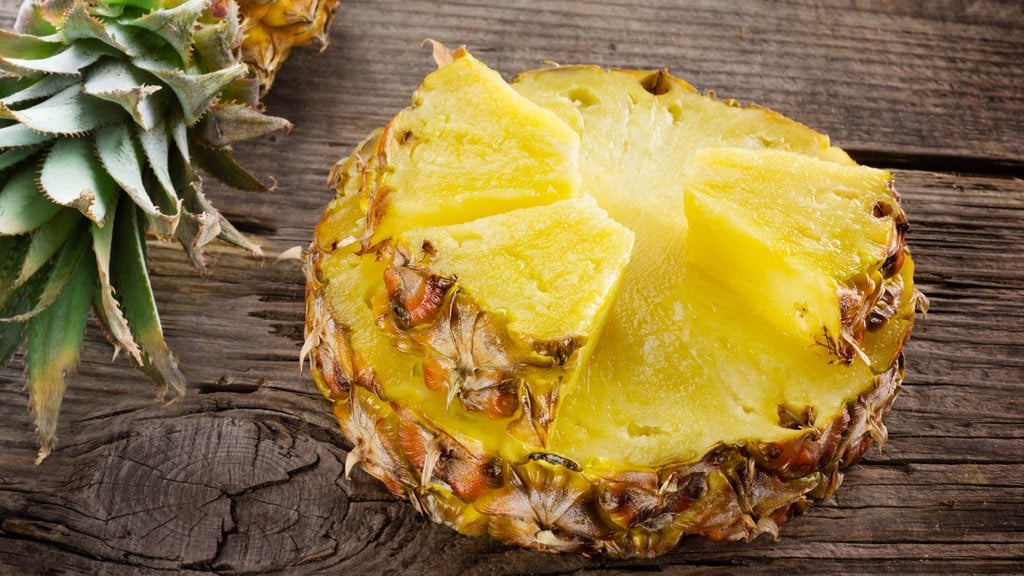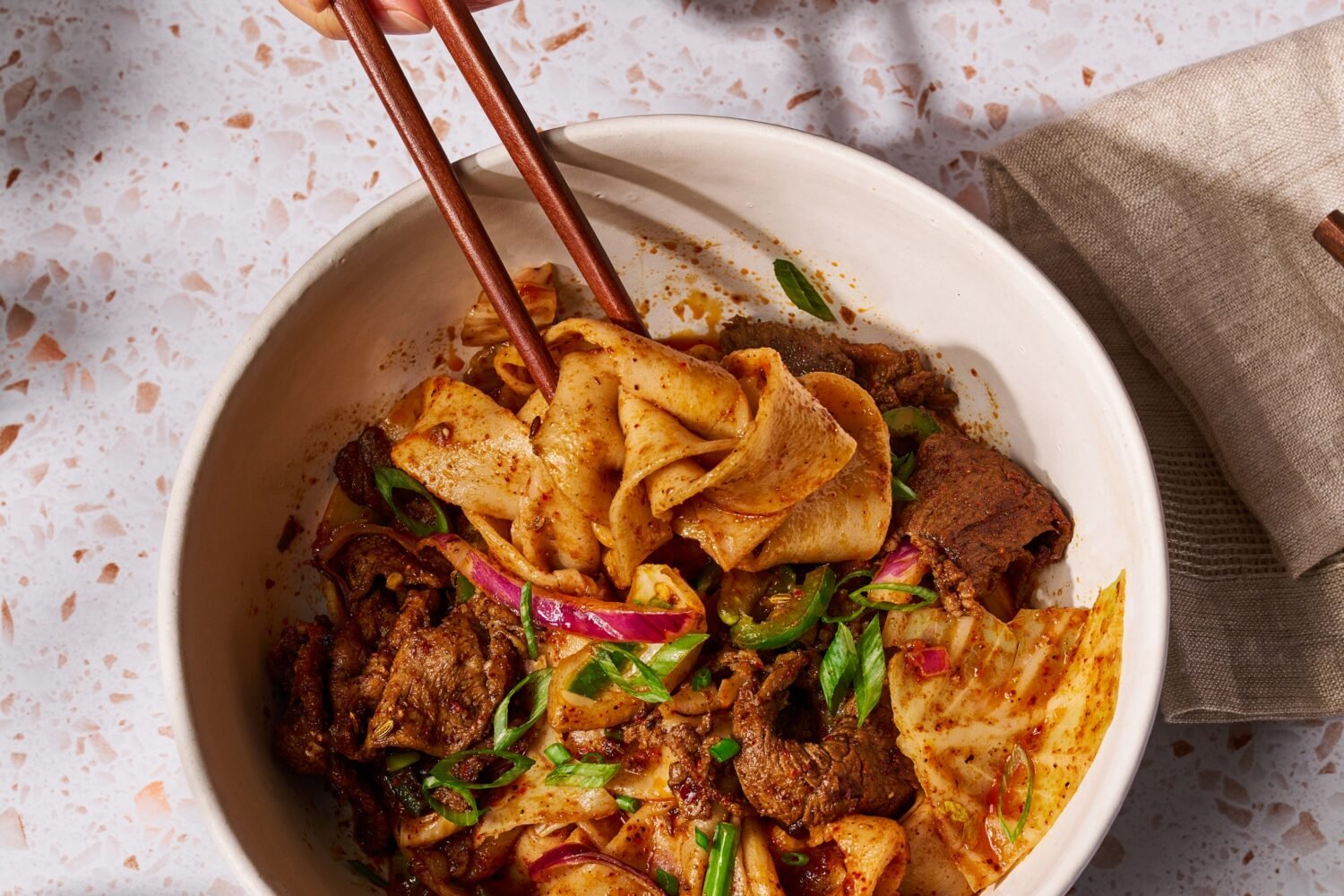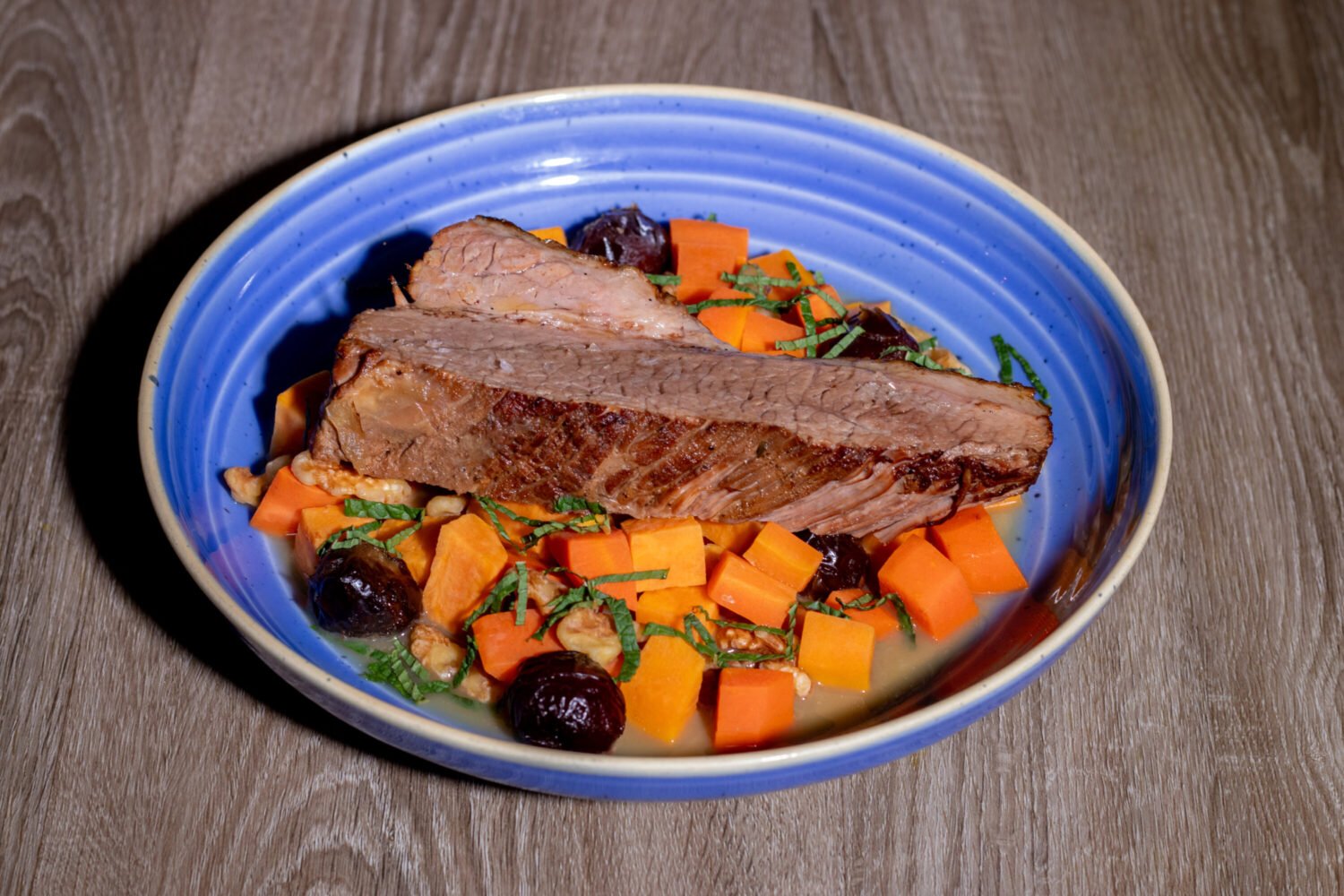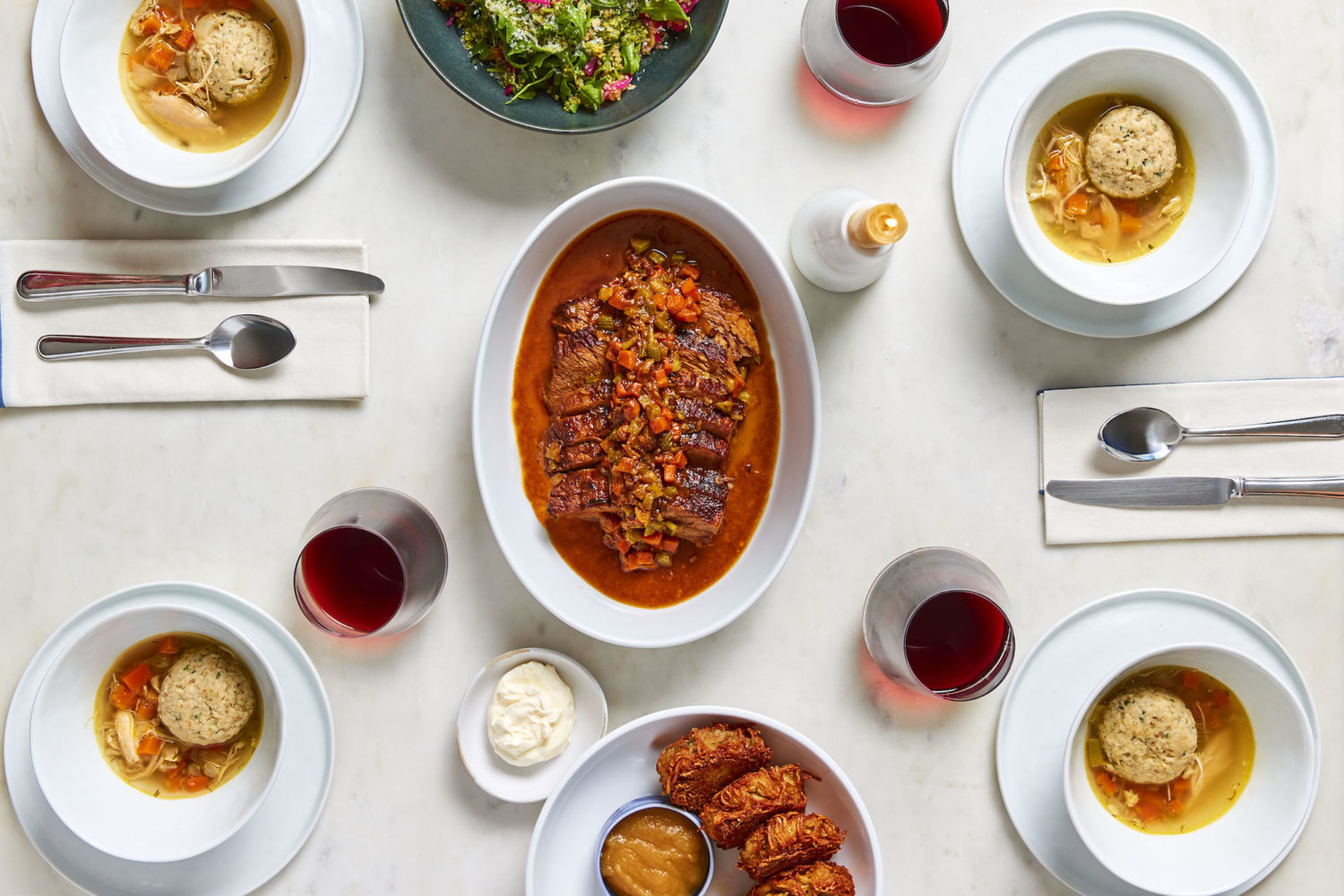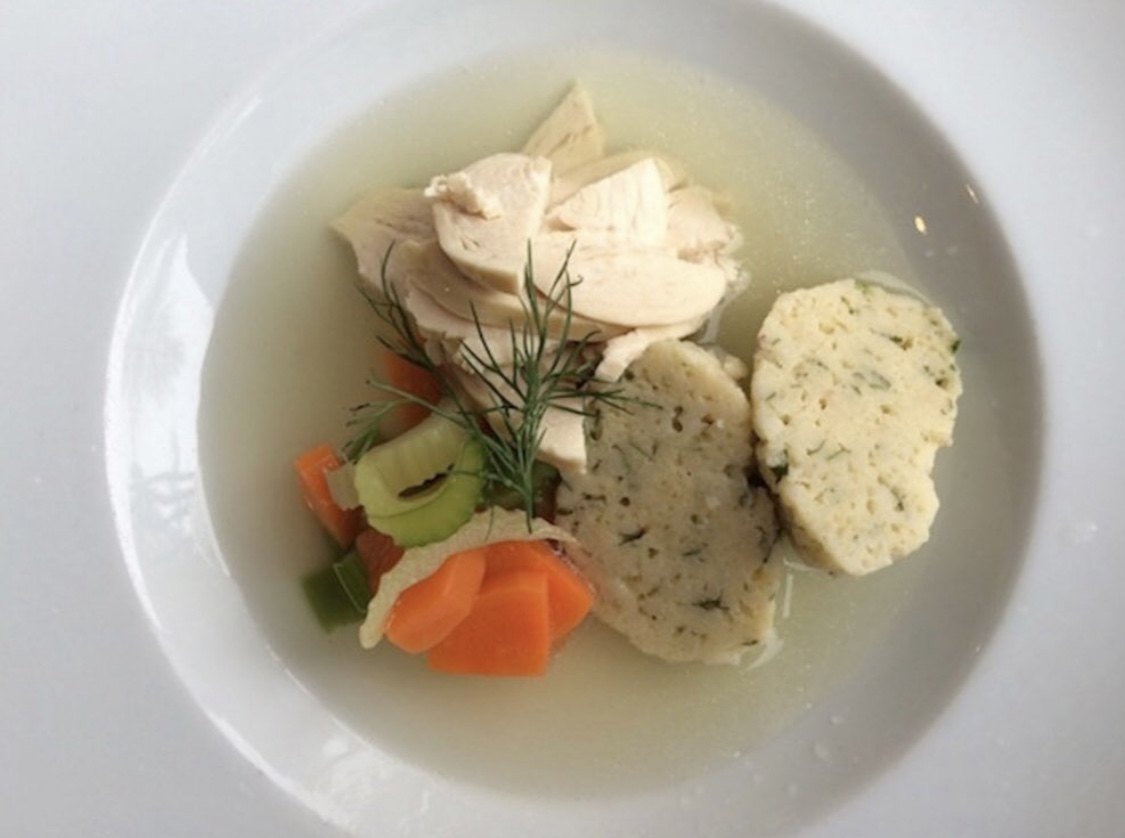Last night, Jews marked the beginning of Passover with a plate of food symbolizing the Israelites’ flight from slavery in Egypt millennia ago. Along with typical elements like hard-boiled egg and bitter herbs, many are including something new this year: pineapple.
Each item on the seder plate is meant to be a symbolic reminder of generations of bondage. The introduction of tropical fruit into the traditional Jewish meal is meant to as a reminder of modern-day oppressed peoples.
“In American colonial times, the pineapple was a symbol of welcome and prosperity,” Rabbi Deborah Waxman, the president of Reconstructionist Rabbinical College, says in a YouTube video. “They were special gifts because of the great labor and expense required to ship them from the tropics. As we think about those in the midst of crossing through danger and into unknown lands, we aim to bestow upon them the gifts of hospitality and a sweet welcome.”
Other Passover observers have started adding bananas to their seder plates, a connection to 3-year-old Alan Kurdi, whose lifeless body washing up on a Turkish beach in 2015 became one of the most circulated images of the Syrian refugee crisis. Kurdi’s father said he used to bring his two sons bananas a treat. Dan Moskovitz, a rabbi in Vancouver, started a trend last year when he added a banana to his seder plate in memory of Alan.
Pineapples and bananas are not the only foods some Jews are using to recognize contemporary issues. You might see Fair Trade coffee beans or chocolate to recognize human trafficking, or a tomato to symbolize solidarity with ill-treated and underpaid workers. A crust of bread or an orange is a nod to people who feel marginalized within the Jewish community, including women and LGBTQ people. The bitter seeds, which the attendees spit out, represent homophobia.
This year some celebrants around Washington incorporated a new text alongside the Haggadah. The supplement includes contemporary refugee stories collected by HIAS, a Silver Spring Jewish organization that resettles refugees.
“Throughout our history, violence and persecution have driven the Jewish people to wander in search of a safe place to call home,” the HIAS website reads. “We are a refugee people. At the Passover Seder, we gather to retell the story of our original wandering and the freedom we found. As we step into this historical experience, we cannot help but draw to mind the 65 million displaced people and refugees around the world today.”

